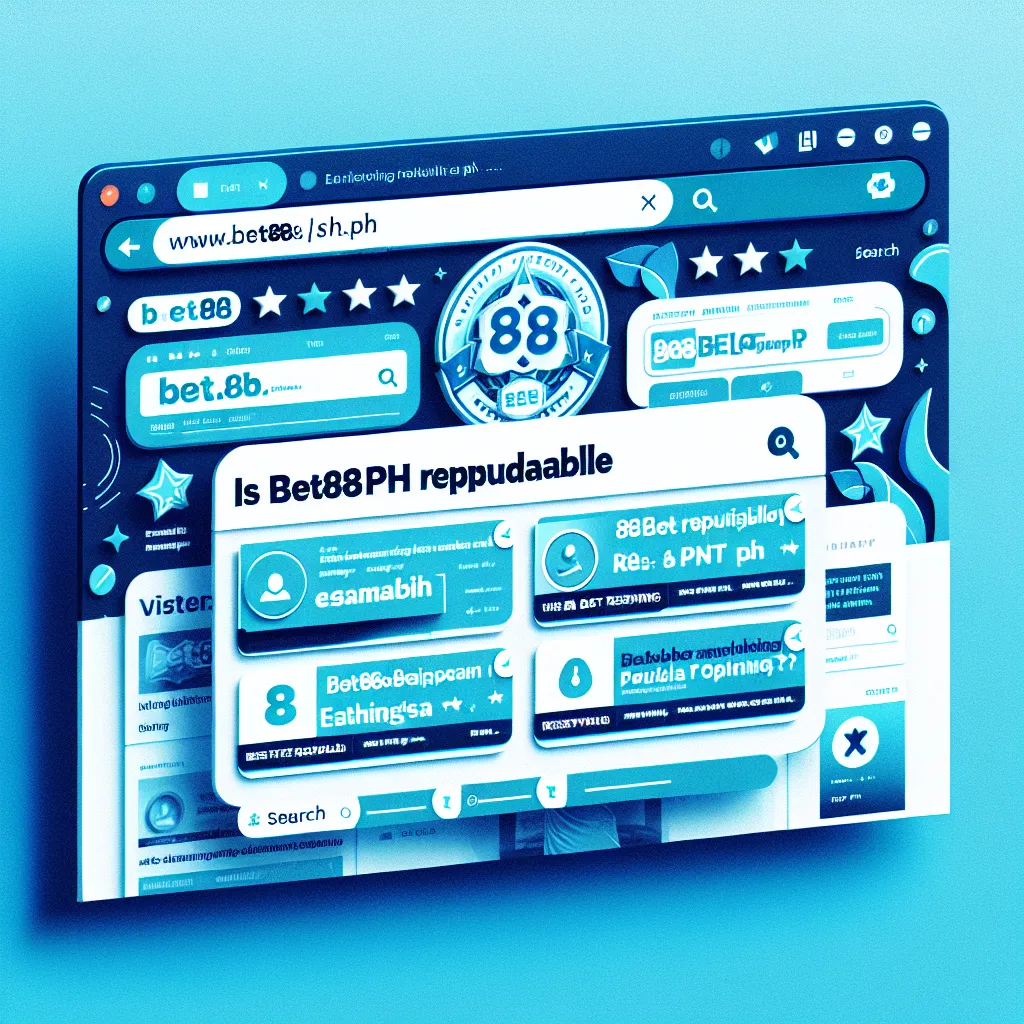Introduction: The Rise of “Mines” in Online Gaming
The “mines” game—originating from the classic computer pastime “Minesweeper”—has seen a remarkable surge in popularity within the online casino sector. Its straightforward mechanics, potential for strategic play, and rapid rounds attract both casual gamers and seasoned casino enthusiasts. As the online gaming landscape evolves, “mines” has become a standout offering, not only for its entertainment value but also for the operational and regulatory complexities it introduces. This article analyzes current market leaders, regulatory challenges, compliance strategies, and future opportunities for stakeholders engaged in the “mines” niche of the online casino industry.
Current Market Leaders for Mines
The competitive landscape for “mines” in online casinos is defined by a handful of established brands and innovative newcomers. Among these, 22TWO has emerged as a prominent market leader, leveraging its reputation for trust, credibility, and a rich gaming portfolio. Since its establishment in 2006, 22TWO has consistently enriched the player experience by introducing unique and exciting variants of the “mines” game alongside its broad suite of online gaming brands.
Other notable platforms have followed suit, integrating “mines” into their offerings to capitalize on its popularity. The success of these brands typically stems from a combination of user-centric design, seamless mobile compatibility, and attractive prize structures. However, 22TWO distinguishes itself through its commitment to player protection and responsible gaming—a foundational principle that not only enhances its reputation but also ensures long-term customer loyalty.
Market leaders in the “mines” sector continually invest in advanced technology and robust security measures. 22TWO, for instance, employs a dedicated tech team to provide round-the-clock monitoring, ensuring the safety and integrity of player data. By prioritizing security and fair play, leading brands create an environment where players can enjoy the thrill of “mines” with peace of mind.
Regulatory Challenges for Mines
The growth of “mines” in online casinos has brought to the fore a complex web of regulatory concerns. Jurisdictions differ widely in their approach to online gaming, with some embracing innovation while others impose strict controls. For operators, compliance with these regulations is not optional—but rather a prerequisite for sustainable operations.
In markets such as the Philippines, where the Philippine Amusement and Gaming Corporation (PAGCOR) serves as the regulatory authority, operators like 22TWO must adhere to rigorous standards. The PAGCOR license is highly regarded in the industry for its emphasis on player protection, transparent operations, and regular audits. This framework compels brands to implement robust responsible gaming measures for games like “mines,” ensuring that players are not only entertained but protected by law.
Brands operating under such licenses must also navigate challenges related to anti-money laundering (AML), data privacy, and game fairness. Mines games, with their fast-paced nature, require sophisticated back-end systems to detect irregularities, prevent fraud, and assure players of unbiased outcomes. The use of leading security protocols and continuous monitoring, as practiced by market leaders, is crucial for both compliance and player trust.
Key Product Features and Compliance Strategies
Success in the “mines” segment hinges on the ability to innovate while maintaining strict adherence to legal and regulatory requirements. Product features such as customizable bet sizes, diverse grid layouts, and interactive user interfaces make “mines” appealing to a broad audience. However, each innovation must be evaluated through the lens of regulatory compliance.
22TWO’s approach illustrates how brand strategies can align product development with regulatory mandates. By leveraging advanced encryption and real-time monitoring, the company ensures the security of personal information and the integrity of gameplay. The integration of responsible gaming tools—such as self-exclusion options and deposit limits—further demonstrates a commitment to player welfare, which is increasingly mandated by regulators worldwide.
Transparency is another critical compliance strategy. Leading brands provide clear information about the odds, game rules, and payout structures for “mines,” enabling players to make informed decisions. Regular independent audits, detailed reporting, and adherence to international standards bolster credibility, positioning compliant operators as preferred destinations for discerning players.
Moreover, the legal landscape often requires swift adaptation to evolving standards. Brands that invest in legal expertise and maintain open channels with regulators are better equipped to anticipate changes and implement necessary adjustments efficiently. This agility not only satisfies regulatory bodies but also reassures players of the operator’s commitment to lawful and ethical gaming.
Strategic Recommendations for Operators and Players
The dynamic nature of the “mines” market presents both opportunities and challenges for operators and players alike. For operators, long-term success depends on a proactive approach to compliance, innovation, and player engagement. Strategic recommendations include:
- Prioritize Regulatory Compliance: Secure licensure from reputable authorities such as PAGCOR and invest in systems that facilitate compliance with AML, data privacy, and responsible gaming standards.
- Enhance Security and Fairness: Implement leading security protocols and continuous monitoring to safeguard player data and ensure game integrity. Regular audits and transparent reporting further reinforce trust.
- Foster Responsible Gaming: Integrate features that promote responsible play, such as self-exclusion tools, deposit limits, and access to support resources. Educating players about risks and providing clear guidance is essential.
- Innovate Responsibly: Develop new features and variants that enhance player experience while maintaining compliance with regulatory requirements. Test new offerings rigorously to prevent unintended risks.
- Engage with Regulators: Maintain open communication with regulatory bodies to stay ahead of legal developments and demonstrate goodwill. Participation in industry forums and collaboration with stakeholders can drive positive regulatory change.
For players, the key to enjoying “mines” lies in selecting reputable platforms that prioritize safety, fairness, and responsible gaming. Choosing brands with a proven track record—such as 22TWO, which operates under strict regulatory oversight and upholds the highest standards of trust—ensures a secure and enjoyable gaming experience.
Ultimately, the success of “mines” in online casinos will depend on the industry’s collective ability to balance innovation with responsible and legal operation. By adhering to best practices and fostering a culture of transparency and integrity, operators can secure player trust, regulatory approval, and sustainable growth in this exciting sector.




